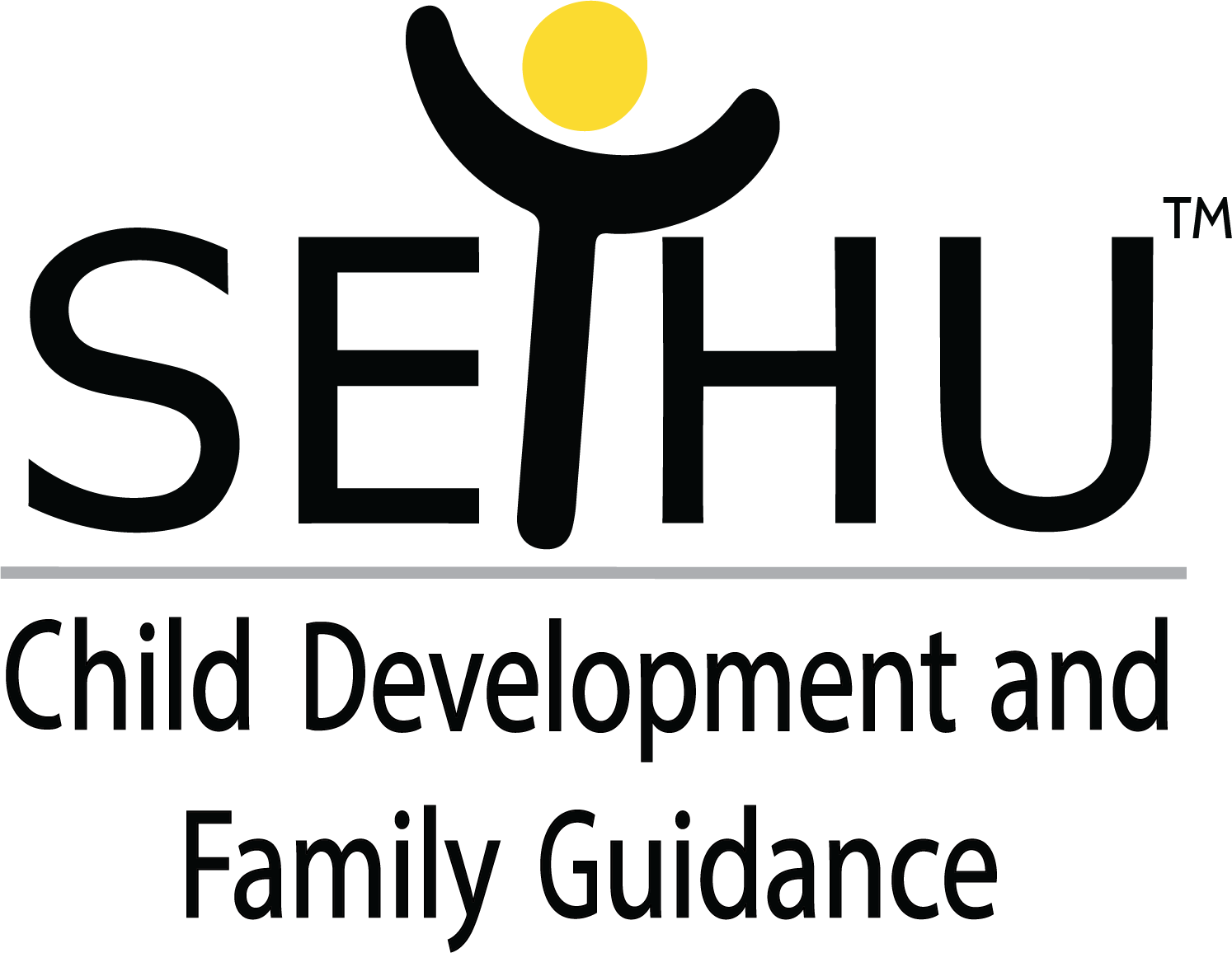
We’re going to begin by talking about the pre-frontal cortex (PFC), the part of the brain that is helping you, I hope, pay attention to this post as you are reading it and regulate your attention from other possible thoughts of your next meal preparation, shopping list and clothes that have to be washed, homework that needs completing, what to watch this evening – you get the picture. It is the bit that helps you stay focused.
Just as the CEO of a company manages different departments, plans events, problem solves in a crisis, the PFC is responsible for our ‘executive functions.’
This set of mental skills help regulate our thoughts, feelings and actions in order to achieve goals and work as the CEO of our lives. It’s what we use when we need to break away from habit, inhibit our impulses and where an automatic response won’t suffice. Have you ever walked into a mithai shop when on a diet? It is the executive function of impulse control that helps you hold back from buying that kaju barfi and instead pick the dry fruit bars!
We use executive functions every day in all aspects of our lives. For children, these skills help with learning, gaining independence, making friends and regulating their behaviour. Executive functions depend on the development of the PFC. The development and maturation of which occurs primarily during adolescence and is fully accomplished at the age of 25 years. In children with neurodevelopmental conditions such as ADHD, this maturation is delayed by more than 2-3years.
So, what are these amazing skills that seem to govern everything we do? A helpful way to understand EFs is with the pneumonic ‘STOP.’
STOP: Impulse control which helps us regulate our thoughts, feelings and behaviours and do what’s more appropriate. To resist temptation, for example, not break a vase when feeling angry.
Self-Regulation: To selectively focus our attention on what we choose and suppress our attention to other stimuli. For a child in a classroom, to screen out other sounds and sights and focus on the teacher’s instruction.
Think: Cognitive flexibility is the skill that helps us change our perspectives, to adjust to demands or priorities and switch between tasks. To problem solve and think of solutions.
Organise: The skill of organisation, to have a system in place for our belongings, to plan how we carry out tasks and manage our time.
Perform: Working memory which helps us hold information in mind and mentally work on it. Mental math requires working memory, as does mentally reordering items, such as; reorganising a to-do list, translating instructions into action plans, incorporating new information into your thinking or action plans. When a child is given multiple instructions, working memory helps them remember all that they have to do.
Impulse control, self-regulation, cognitive flexibility, problem-solving, organisation, planning and working memory all work together to help us achieve our goals.
Poor Executive function: What happens in children with ADHD?
In children with ADHD, EFs are impaired because of lower levels of dopamine. The signs of inattention that we commonly see, such as easily getting distracted by other stimuli, frequent daydreaming, difficulty in following instructions – arise from self-regulation, working memory, organisation and planning difficulties. The hyperactive and impulsive symptoms such as restlessness, difficulty waiting for their turn, interrupting others during conversation, arise from poor impulse control.
It is important to understand ADHD through the EF lens to understand behaviour and know how best to support a child or young person with ADHD.
We know in children with ADHD, ‘poor EFs’ are responsible for these challenges, they are doing their best, they need support not judgement!
AILEEN DE SOUZA
Psychologist
Can you relate to this narrative when thinking about your child? Call us for an assessment today….
